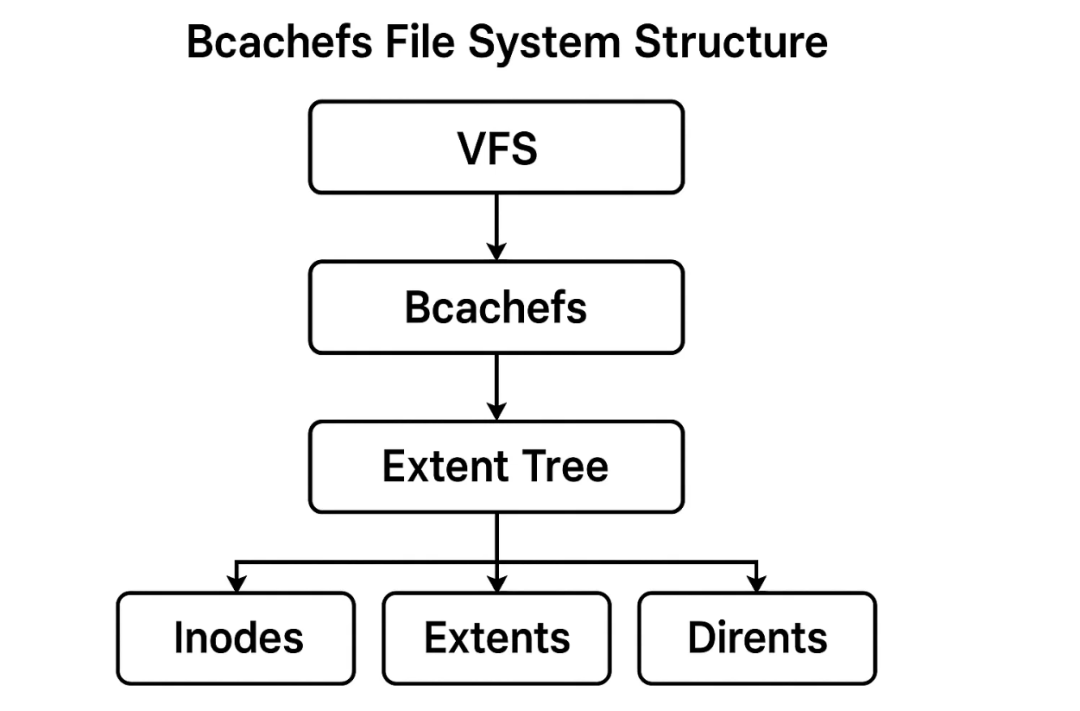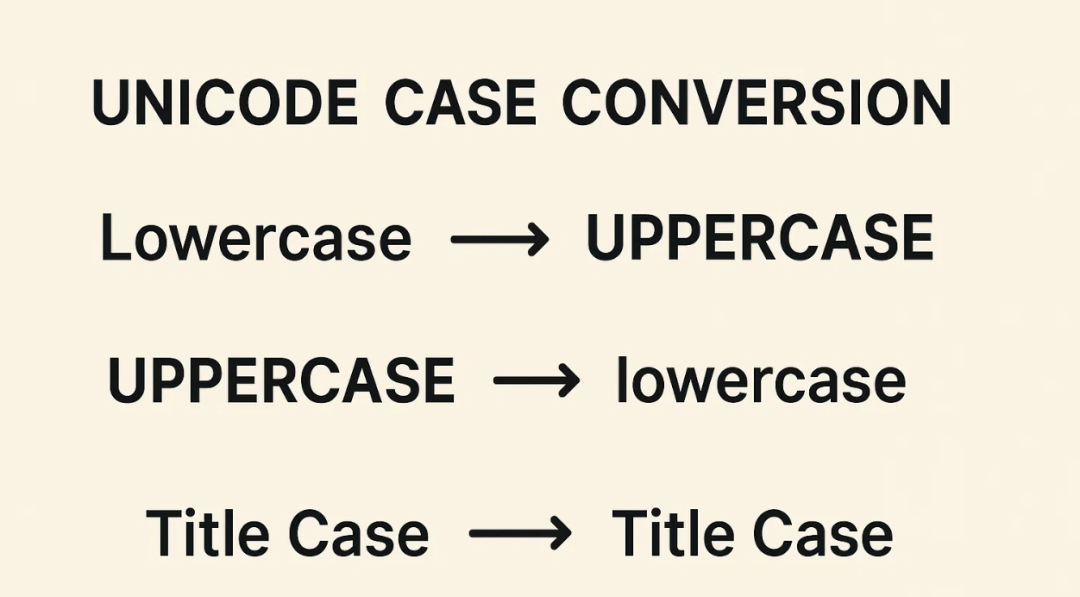The Linux Kernel Mailing List (LKML) has erupted again. This time, it’s over an old issue that has existed for more than twenty years: Should file systems be case-sensitive? Linus Torvalds directly referred to it as a “huge mistake,” causing the technical discussion to explode.

The issue originated from a patch for the Bcachefs file system. This copy-on-write file system, led by developer Kent Overstreet, received case-insensitive support code submitted by Valve/Linux developers two years ago, but it never worked properly. It wasn’t until just before the release of Linux 6.15-rc4 that the fix was submitted. Kent admitted this was an oversight in the testing process, but Linus’s criticism clearly targeted a more fundamental issue.

Case sensitivity means that “readme.txt” and “README.TXT” are two different files, while a case-insensitive system considers them the same. Windows is case-insensitive by default, macOS offers an option, and Linux has consistently maintained case sensitivity. Linus stated in an email: “To call this design a ‘feature’? Go to hell!” He provided an example: when a user tries to delete “README,” but the system silently processes “readme,” this unpredictability can lead to serious security issues.
Unicode encoding complicates the issue further. The Turkish letter “i” has special rules for uppercase “İ” and lowercase “ı,” and the Greek letter “Σ” changes to “ς” at the end of a word. Linus believes these special cases could turn a case-insensitive design into a disaster, and kernel developer Pavel Machek added that such a design could lead to unexpected behavior with commands like “rm -rf.”

However, there are opposing voices. SteamOS developers mentioned that game mods often fail to load due to case issues, and software ported from Windows frequently crashes for the same reason. Some developers countered: “95% of users don’t understand case rules; they just want a working computer.” A survey by Phoronix showed that about 34% of Linux users have encountered issues caused by case sensitivity.
This debate reflects a deeper philosophical divide in engineering. Linus’s camp believes that computers should be strict and clear, while the user experience camp advocates for compromises to human habits. Just like the transformation when “sudo” replaced “su,” technical decisions always oscillate between security and convenience.
(At this point, you may have noticed that technical decisions are never black and white. To learn more about such in-depth discussions, you can follow the public account Ai Polygon, where we will continue to analyze real controversies in the tech circle.)
The case sensitivity issue in file systems is very similar to the “spaces vs tabs” debate in programming. A Reddit user complained: “My Python script crashed because of an invisible Unicode space, and that’s when I understood why Linus is so stubborn.” However, GitHub statistics show that about 17% of issues in cross-platform projects are related to case sensitivity.
Currently, the Bcachefs team has adopted a compromise solution: keeping case sensitivity by default but allowing users to choose a case-insensitive mode when mounting. This flexible approach has gained considerable support, but Linus still insists that the core system must remain rigorous. Notably, Microsoft has also enabled case sensitivity by default in Azure Linux in recent years, seemingly validating Torvalds’s foresight.
The debate may never have a standard answer, but the next time you encounter a “File not found” error, consider checking the case—this seemingly simple design choice reflects three decades of evolution in operating systems. Has your team encountered similar issues? Share your experiences in the comments.